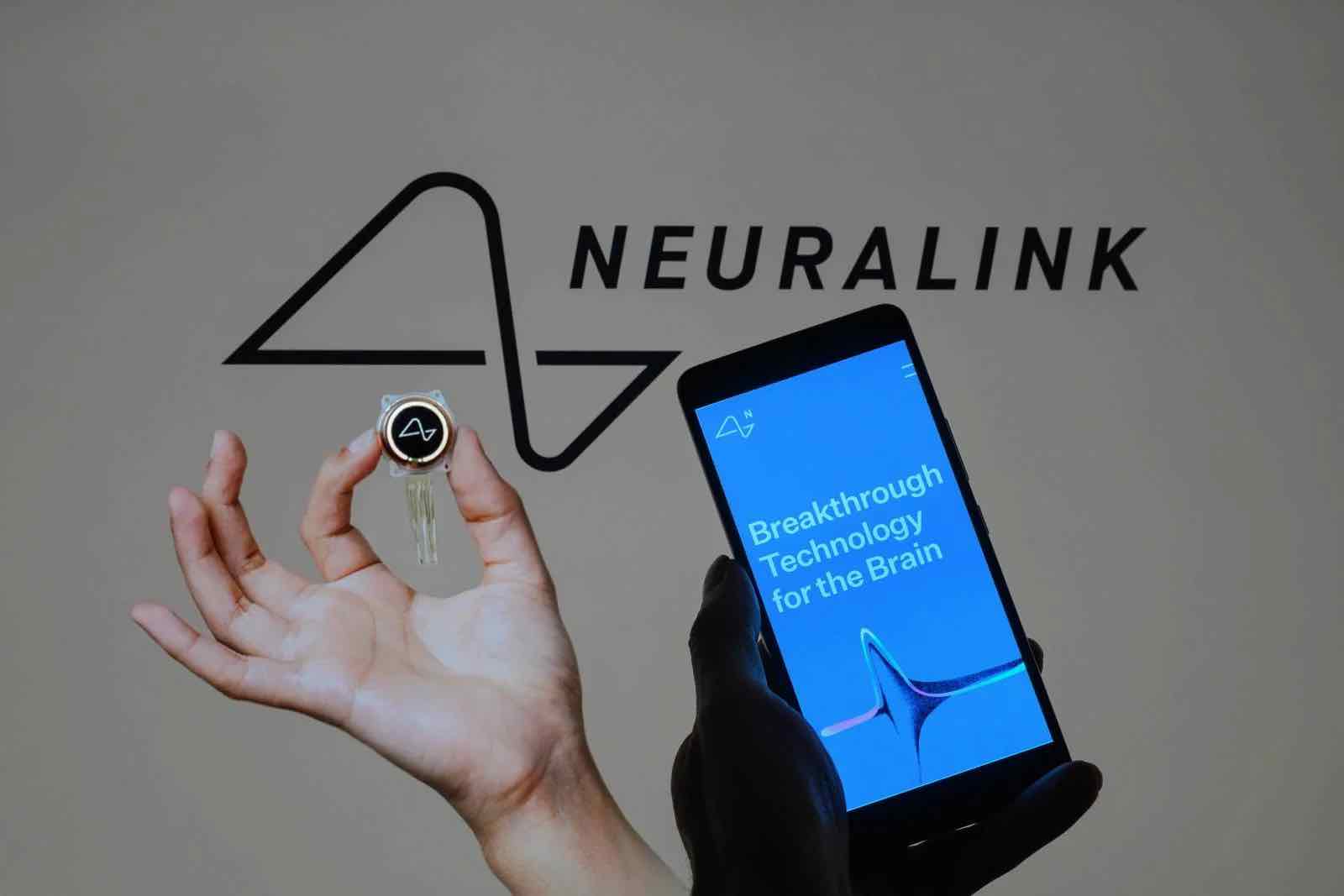TORONTO – Canadian neurosurgeons in partnership with Elon Musk’s Neuralink have received regulatory approval to recruit six patients with paralysis for a groundbreaking brain-computer interface trial that will implant a thousand electrode contacts in their brains.
The trial, dubbed CAN-PRIME, aims to test the safety and efficacy of a device enabling people to control cursors with their thoughts, according to the lead surgeon. Health Canada’s approval was announced by Neuralink this week, following the company’s successful implantation of two devices in U.S. patients.
The Partnership
Toronto-based University Health Network neurosurgeon Andres Lozano revealed that Neuralink directors approached him a year ago, likely due to his extensive experience with brain implants. “Myself and our entire team jumped at the possibility of participating in this trial,” Lozano said.
Technical Details
The procedure will utilize a two-ton robot to implant 64 electrodes, each containing 16 contacts, into the hand-motor areas of patients’ brains. These electrodes are designed to transmit brain activity, allowing patients to control connected devices through thought alone.
Patient Eligibility and Process
To qualify, candidates must have severe quadriplegia resulting from either amyotrophic lateral sclerosis or spinal cord injury. The surgery will be performed in Toronto, with patients using the technology at home. The trial is expected to begin in the new year.
Roles and Responsibilities
While Neuralink will provide the electrodes and implantation system and handle signal decoding, the medical team will focus on patient selection, surgical safety, and health monitoring. “The surgery obviously is a necessary crucial step, but we will not be analyzing the data or doing anything with the data. That’ll be up to the company to do that,” Lozano explained.
Safety Considerations
Lozano acknowledged potential risks including brain hemorrhage, infections, and wire-related complications. Notably, Neuralink previously disclosed that wires had shifted out of position in its first U.S. patient.
Future Implications
While the technology currently focuses on reading brain activity, Lozano mentioned the potential for “writing” capabilities – potentially enabling visually impaired individuals to “see.” However, he emphasized the need for robust safeguards against potential misuse, including theoretical concerns about system hacking and unauthorized access to thoughts.
Brad Wouters, executive vice president of science and research at University Health Network, noted that while widespread availability may be years away, Musk “has demonstrated the ability to move quickly.”
Health Canada confirmed its authorization on November 15 but did not disclose study protocols. Neuralink did not respond to requests for comment.
